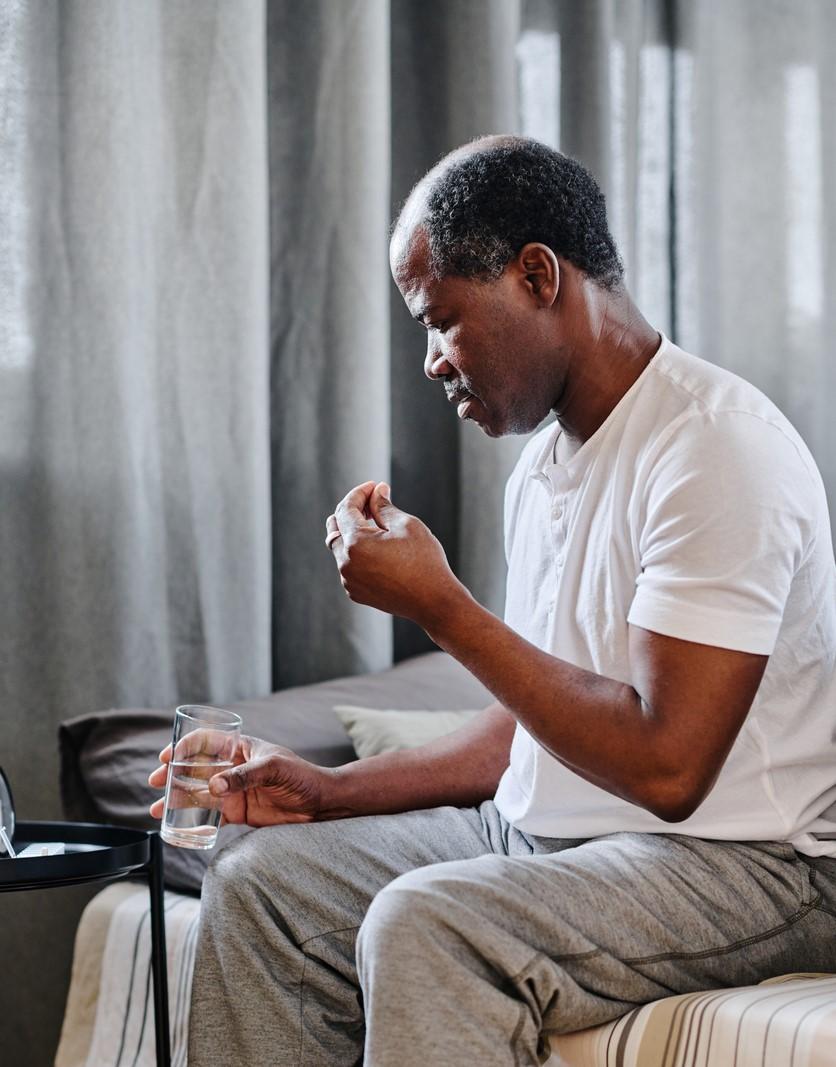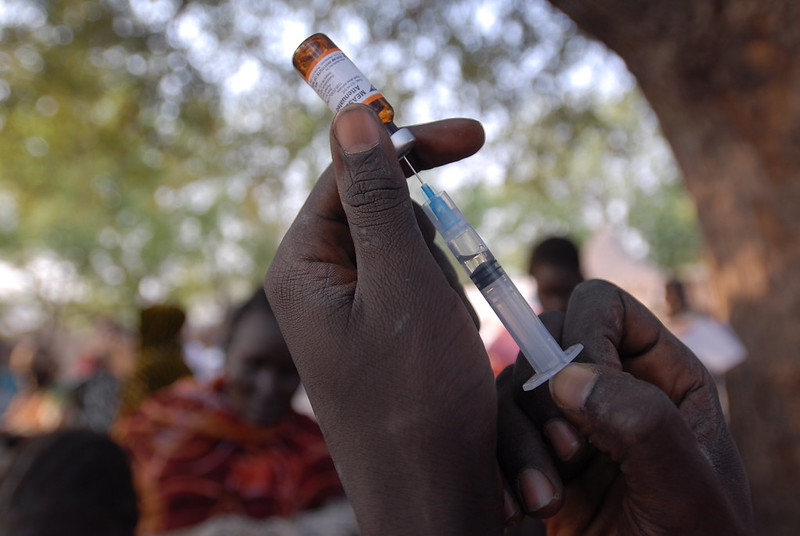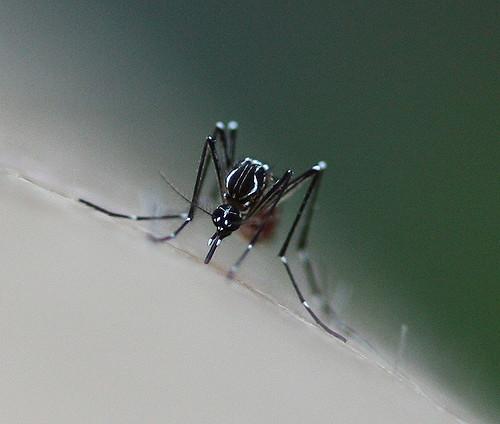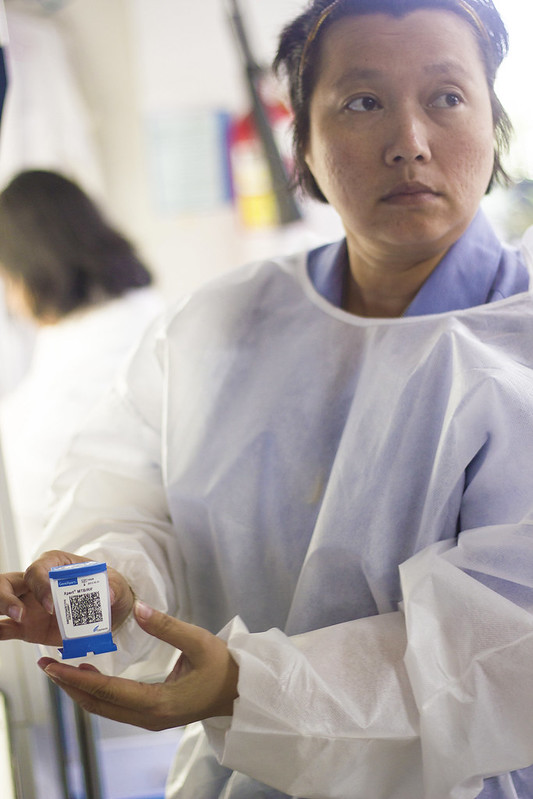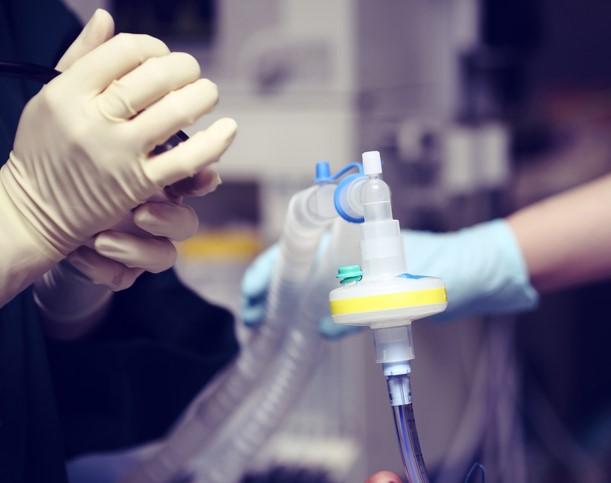 In Open Forum Infectious Diseases, Dutch scientists report that the definition of post-COVID condition (PCC, or long COVID) matters when estimating prevalence in a population.
In Open Forum Infectious Diseases, Dutch scientists report that the definition of post-COVID condition (PCC, or long COVID) matters when estimating prevalence in a population.
In people who had previously tested positive for SARS-CoV-2, the prevalence of long-term symptoms varied from 26.9% to 64.1%, depending on which of six different definitions was used, while in those who tested negative, the prevalence varied from 11.4% to 32.5%.
The study was based on participant results from the Prevalence, Risk factors, and Impact Evaluation (PRIME) post-COVID-19 condition study conducted in November 2021. A total of 61,655 adults responded to a questionnaire that tracked 44 PCC symptoms since the time of their positive or negative COVID-19 tests.
Of the participants, 7,405 (75.6%) had tested positive and 2,392 (24.4%) negative. The six definitions of PCC included one or more of the 44 symptoms, only one symptom, symptoms experienced after 3 months of diagnosis, and PCC defined by different levels of symptom severity, among others. No participant who experienced symptoms for less than 3 months was included in the study.
Definition should include most common symptoms, severity
When defining PCC as having one or more of the 44 symptoms, 80.5% of positives who tested 3 to 5 months ago, 76.4% who tested 6 to 11 months ago, and 74.7% who tested more than 12 months ago met criteria for diagnosis. But by using the same definition, a substantial number of participants who tested negative for COVID-19 would also be classified as having PCC.
Results of our study suggest that defining the presence of long-term symptoms based on any symptoms, likely overestimate prevalence of post-COVID-19 condition.
"Results of our study suggest that defining the presence of long-term symptoms based on any symptoms, likely overestimate prevalence of post-COVID-19 condition," the authors conclude. "Selecting only symptoms significantly more often reported in positives than negatives and including a degree of severity results in lower prevalence estimates."
